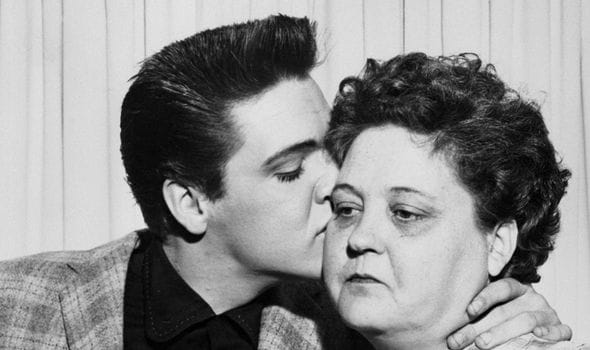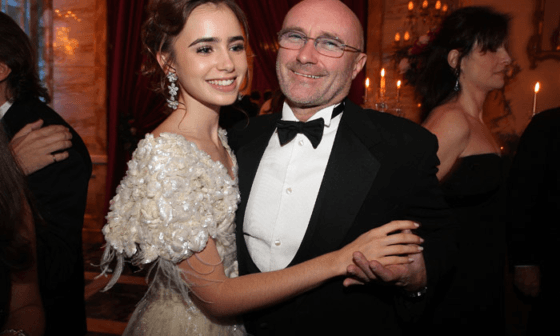“Elvis’s twin’s death at birth was a tragedy that triggered a process that made his dead sibling the bedrock. The singular driving force in his life… a restless spirit who eventually haunted all of Presley’s relationships.”
— Peter Whitmer, The Inner Elvis
Elvis Presley entered the world with a silence beside him — the silence of a twin who never got to breathe. On a cold January morning in 1935, in a tiny shotgun house in Tupelo, Mississippi, Gladys Presley gave birth to two sons. Jesse Garon, the first, was stillborn. Thirty-five minutes later, Elvis Aaron arrived — crying into life, already carrying the weight of someone missing.
That loss was more than a family tragedy. For Elvis, it became something spiritual — something he never fully spoke of, yet always carried. Psychologists have long said that twins form a bond even before birth — a connection so deep that, once broken, it leaves a lifelong ache. For Elvis, Jesse’s absence wasn’t just a memory. It was a presence. A quiet ghost that shadowed him, shaped him, and perhaps fueled his relentless quest for love, meaning, and belonging.

Gladys never had another child. She poured all her love, hope, and fear into the son who lived — a boy who grew up not only adored, but marked. Elvis knew he was the only survivor of a pair. And from a young age, he made promises: he would become someone great. He would care for his mother. He would make her proud. That sense of mission — of doing something not only for himself, but for those he loved, and perhaps, too, for the brother who wasn’t there — would define him.
Some say Elvis would visit Jesse’s grave and talk to him. That he felt guilt. That he felt a loneliness that even fame couldn’t quiet. Maybe that’s why he sang the way he did — with a voice full of yearning, always reaching for something just out of reach. His songs could lift a room, but they almost always carried a trace of sorrow, as if he was trying to fill the silence he was born beside.
Elvis Presley gave the world joy, passion, and unforgettable music. But behind the spectacle was a man shaped by a profound, invisible absence. The boy born second, who lived for both. And in every note he ever sang, there was always one more person he was singing to — the brother who never got to sing back.






